Mubinjon Tadzhiev – Central Asia’s “Fastest” Man Offers a Glimpse into Bukhara’s History
“10.4 seconds on 100 meters and ‘Finish’! You can’t imagine how exceptional it was back then. A sprinter from Uzbekistan! I wasn’t as fast as Valeriy Borzov had been, but of course, we didn’t have the training facilities like the athletes from Moscow. I was simply fast — a fast Tajik from the Uzbek Soviet Socialist Republic, the fastest man from Central Asia. Actually, we were Jewish Persians, but Stalin had decided that we were Tajiks, so we were Tajiks. I was a Soviet Tajik who won medal after medal. Start, sprint and finish. 1979 was my most successful year. I qualified for the Moscow Olympics at the World Games of the socialist countries.”
Mubinjon Tadzhiev was a very successful sportsman from the Uzbek Soviet Socialist Republic in the 1970s and a member of the USSR athletics cadre. Mubinjon was known to many visitors to Bukhara as the owner of a guesthouse in his family home, which he ran until he was 84 years old. Unfortunately, Mubinjon, who was born in 1936, died in April 2020. Many people who visited his guesthouse were fortunate enough to speak to him and learn through his family history about life in Bukhara from before the Bolshevik conquest of the city in 1920, life under communism, and the period of transition immediately after the collapse of the Soviet Union. In 2008, we had the opportunity to conduct a longer interview with him.
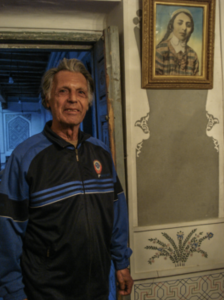
The story of Mubinjon Tadzhiev begins in the days when the Russian Revolution reached Bukhara. His grandfather was a rich caravan trader from Persia, who supplied the wealthy inhabitants of Bukhara with different goods. Departing from Turkmenabat, the caravans went to Bukhara:
In 1920, Red Army soldiers under the command of the Bolshevik General Mikhail Frunze attacked the city of Bukhara. On August 31, 1920, the Emir Alim Khan fled to Dushanbe to the east of Bukhara, before settling in Kabul, Afghanistan. On September 2, 1920, after four days of fighting, the Emir’s citadel was destroyed and they raised the red flag from the top of the Kalyan Minaret. When the Bolsheviks conquered Bukhara, they went from house to house to arrest the rich merchants and other wealthy inhabitants of the city:
“Armed with machine guns, they broke down the gate to my grandfather’s house and asked him to surrender. But my grandfather was proud, for he had defended his life many times before on the caravan routes. He seized the captain of the Bolsheviks, lifted him in the air and threw him over the wall of his estate outside. The Bolsheviks opened fire, and the battle-hardened servants threw themselves before my grandfather and gave their lives for him. Although my grandfather ducked to the side, a bullet hit his head. Thus ended the dream of Bukhara for his fifteen-year-old daughter, my late mother. She had to see all this and told me, her son, so that I would never forget where we came from.”
From this time on Mubinjon’s mother, the eldest, was the head of the family. She spoke seven languages, her son said. At the age of six, she had already been to Paris. Finally, she managed to keep the house as a family heritage throughout the Soviet period. She worked her way up in the Soviet system, studied, graduated, and became a teacher in Bukhara. And her son worked hard to become the fastest man in Central Asia. With the money they earned, they managed to preserve the house.
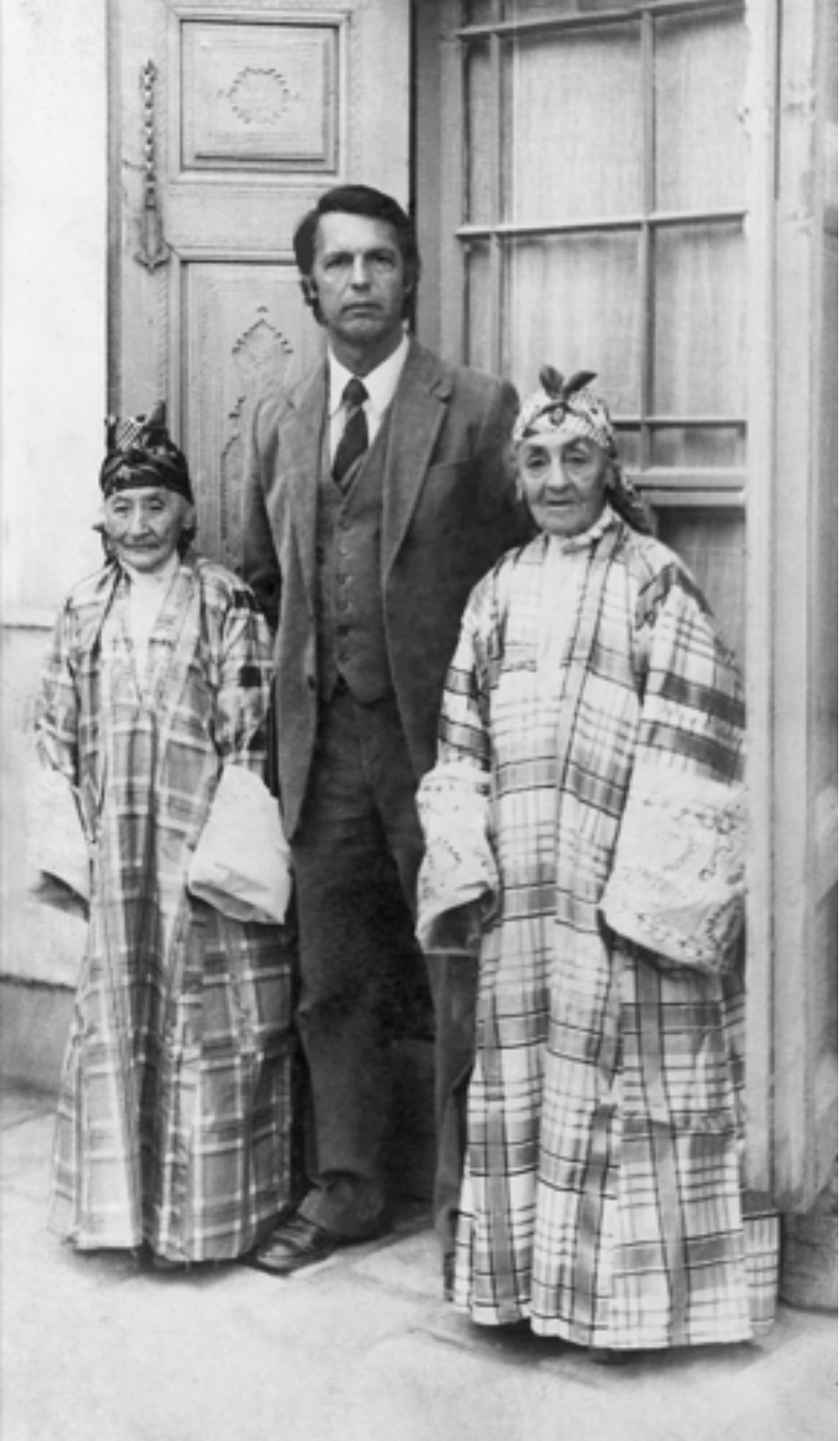
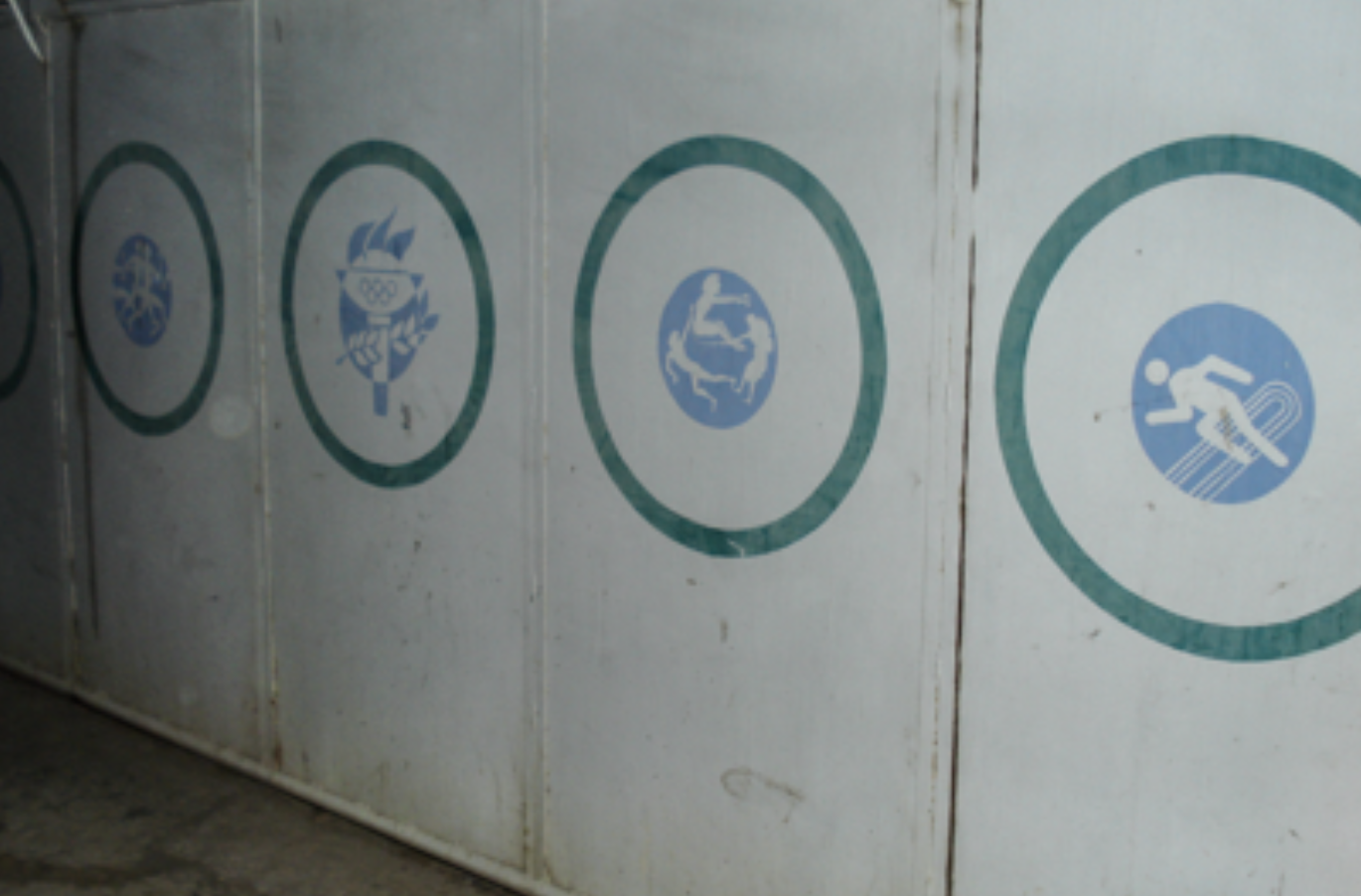
When Mubinjon came home to Bukhara after competing in the Olympics in 1980, his mother had their gate painted with Olympic symbols. But then one day during training, a tendon had torn in his thigh and his athletic dreams were over. Soon after, the Soviet army invaded Afghanistan, and the West did not take part in the Olympic Games in Moscow. Mubinjon said he would not have cared because participating in the Olympic Games had always been his dream one way or another. From then on, he worked as an athletics coach at the sports academy in Tashkent for the rest of his life. When my mother died, he went back to Bukhara and took over the house.
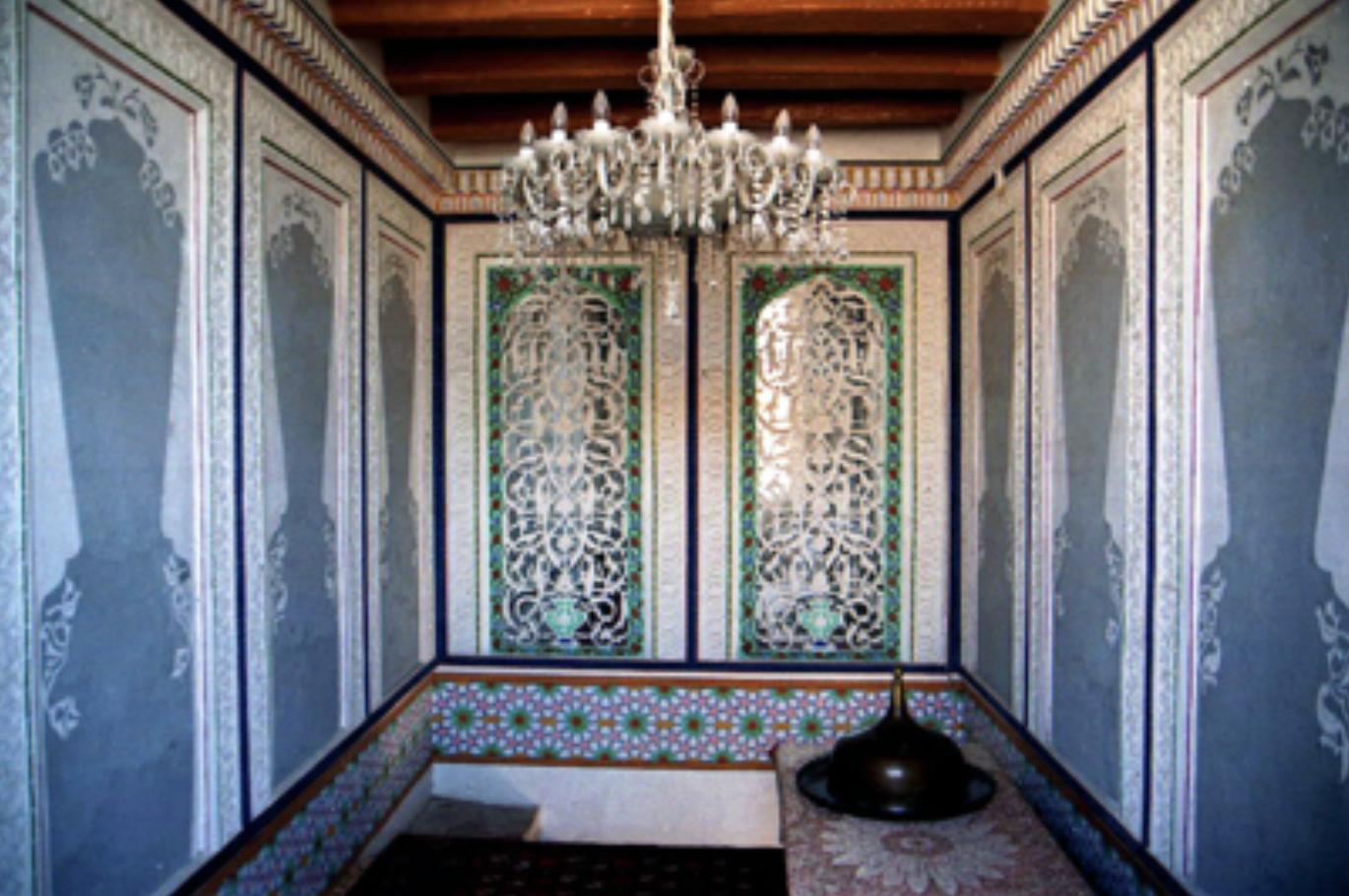
“This house represents the old, real Bukhara for me. This is the way all the houses used to be: A large courtyard and the rooms all facing out onto it. Artfully carved skylights so that the air can stream through the halls all day long. And every house had this winter room with a stove and then the spring room with the extra-large windows to let in the light. In the great hall, my grandfather received guests at the time of the last emir. In 2008 we started to establish the guest house here. Shortly before, the Uzbek state had allowed private housing again. These old houses in the Bukhara style are perfect for accommodating guests. I have followed my family’s legacy all my life so that the dream of old Bukhara won’t vanish. The house is our heritage and our duty to the past.”
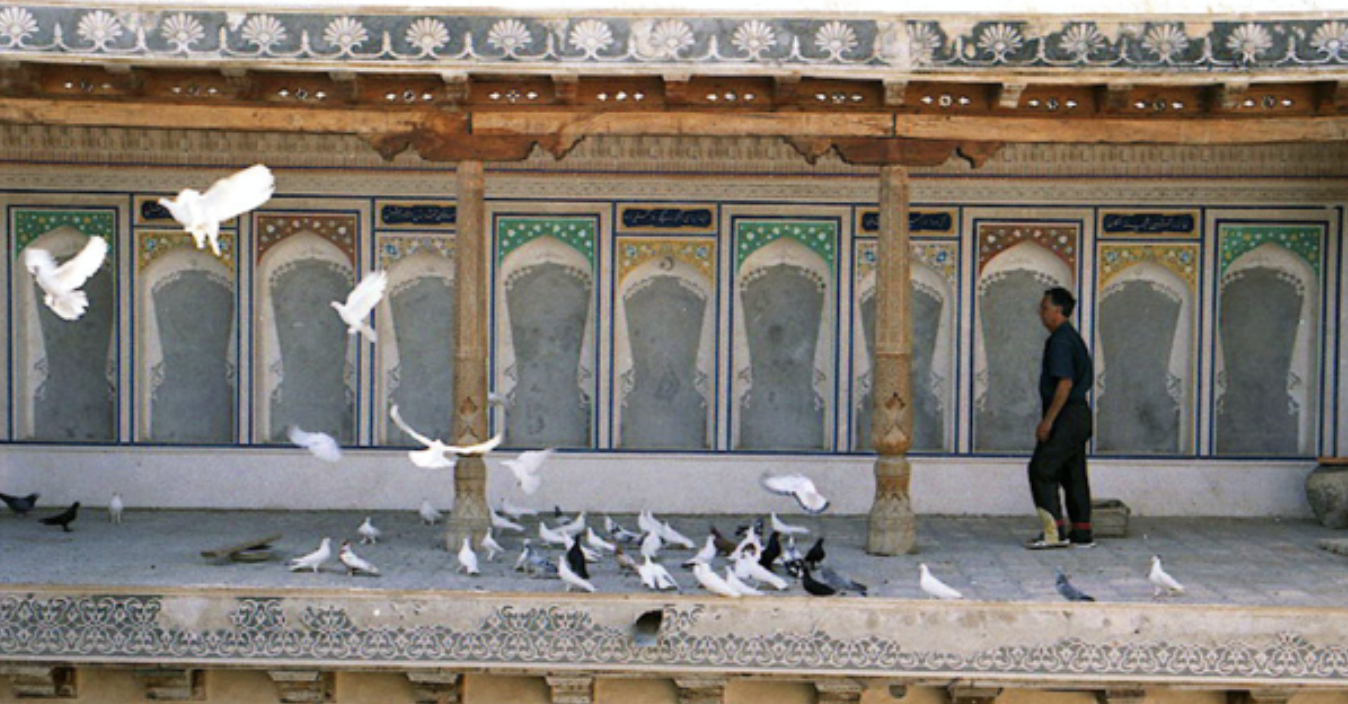
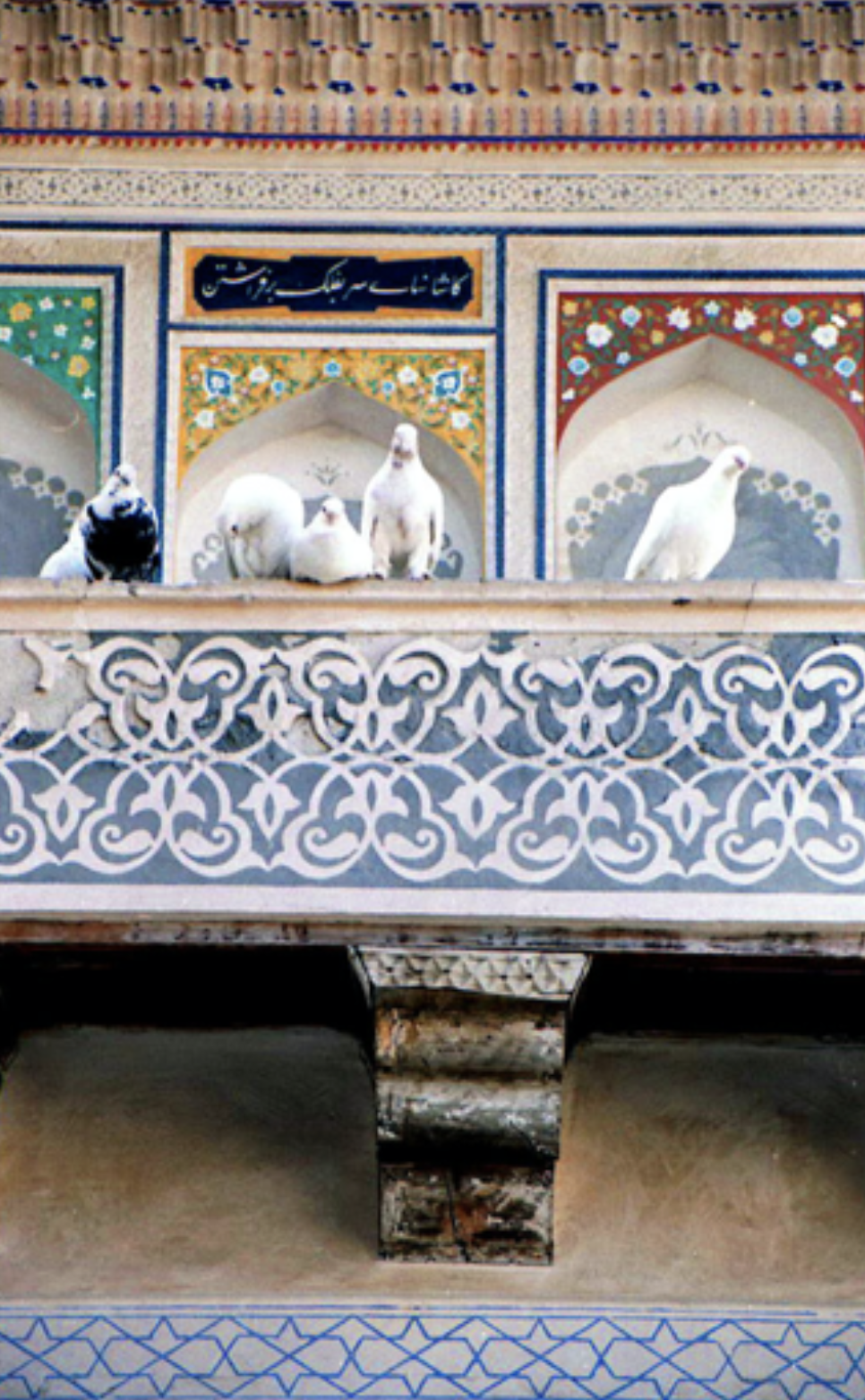
Stefan Applis is an Assistant Professor of Geography and its Didactics at the Justus Liebig University of Giessen (Germany). In his present human geography research project he is investigating the influence of tourist practices on the Svaneti region in Georgia. His Twitter handle is @doinggeography.
Shavkat Boltayev is a documentary photographer from Uzbekistan. He is the founder of the Bukhara School of Photography. Boltayev’s photographs from a 20-year documentary project on the Bukharan Jews were published in the New York Times. He is on Instagram @shavkat.boltaev and Facebook.



